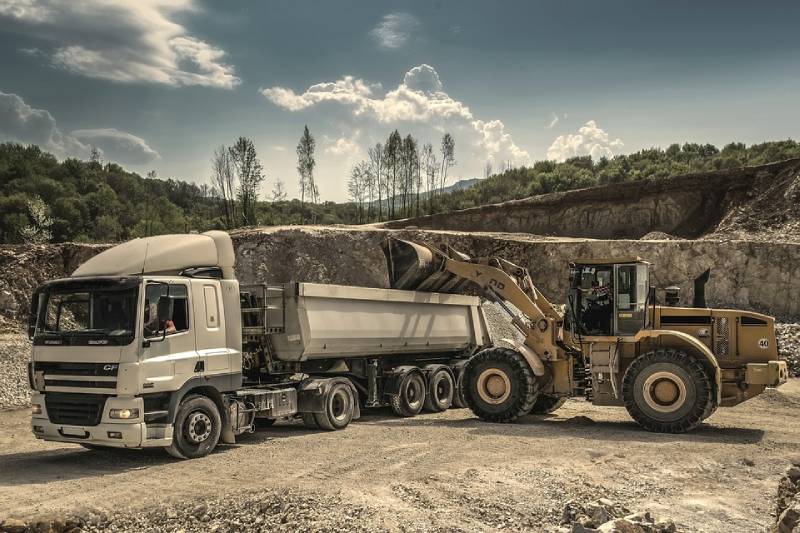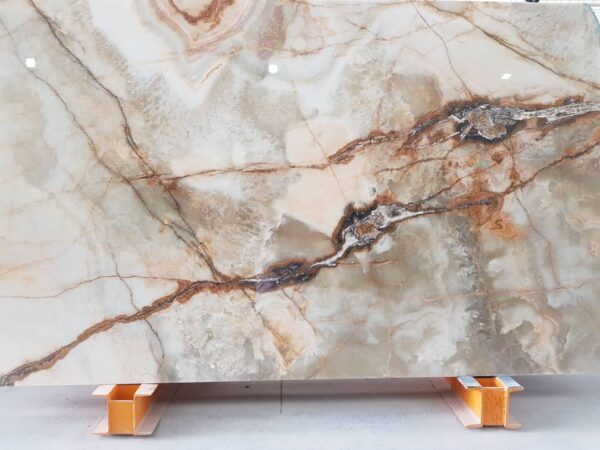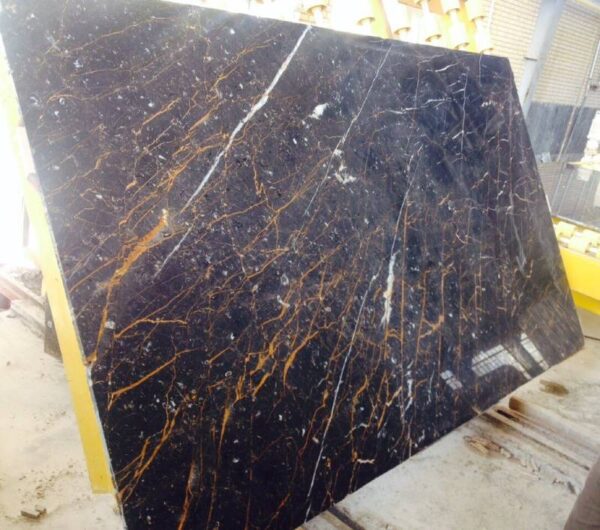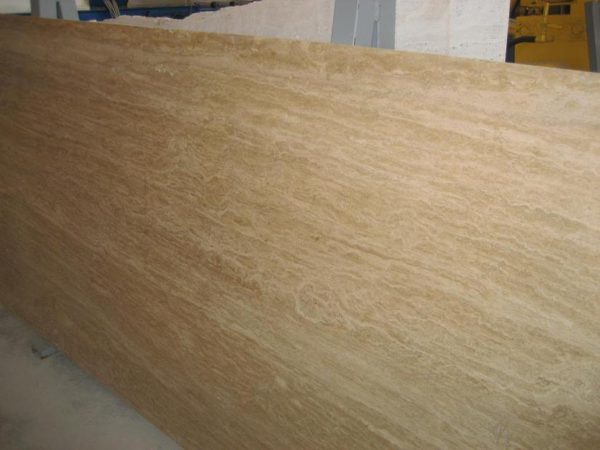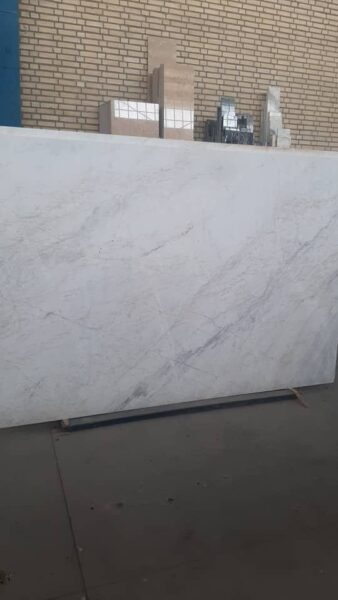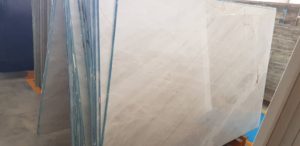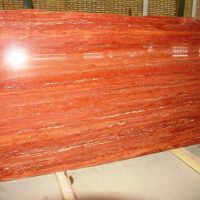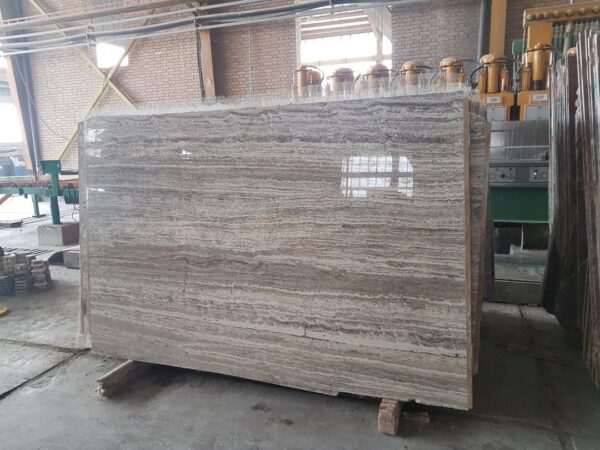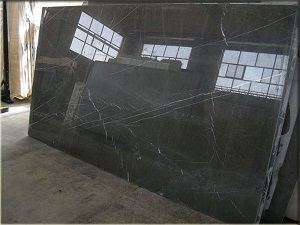Can You Pressure Wash Limestone? Essential Tips for Cleaning Your Stone Safely
Limestone is a popular choice for both indoor and outdoor surfaces, known for its natural beauty and durability. However, keeping limestone clean requires special care due to its porous nature. One common question homeowners ask is, “Can you pressure wash limestone?” In this guide, we’ll explore the pros and cons of pressure-washing limestone and provide essential tips for cleaning it safely. Can You Pressure Wash Limestone
Understanding Limestone’s Sensitivity
Limestone is a sedimentary rock that is softer and more porous than other natural stones like granite or slate. This means that while it’s sturdy, it is also more prone to damage from harsh cleaning methods. Limestone’s porous surface can easily absorb water and other liquids, leading to potential stains, erosion, or discoloration if not cleaned correctly.
Pressure washing is a popular method for cleaning outdoor surfaces like concrete and brick, but when it comes to limestone, caution is needed. The high-pressure water can cause significant damage to the stone, including etching, cracking, and erosion.
Can You Pressure Wash Limestone? Proceed with Caution
While it is possible to pressure wash limestone, it’s not always recommended due to the risks involved. If you decide to pressure wash your limestone surfaces, it’s crucial to follow specific guidelines to minimize potential damage:
- Use a Low-Pressure Setting: Set your pressure washer to a low setting, ideally below 1500 PSI (pounds per square inch). High pressure can erode the stone’s surface, causing irreversible damage.
- Maintain a Safe Distance: Keep the pressure washer nozzle at least 3 feet away from the limestone surface. Getting too close can concentrate the water pressure and increase the risk of damage.
- Use a Wide-Spray Nozzle: A wide-spray nozzle distributes the water pressure more evenly across the surface, reducing the chance of etching or chipping the stone.
- Test in an Inconspicuous Area: Before pressure washing the entire area, test the pressure on a small, hidden section of the limestone. This will help you gauge the impact and adjust your settings accordingly.
Alternative Cleaning Methods for Limestone
Given the risks associated with pressure washing, many experts recommend alternative cleaning methods for limestone to ensure its longevity:
- Gentle Cleaning with a Soft Brush: For routine cleaning, use a soft-bristle brush and a pH-neutral cleaner specifically designed for natural stone. This method is gentle enough to avoid damaging the limestone while effectively removing dirt and grime.
- Mild Soap and Water Solution: Mix mild dish soap with warm water, and gently scrub the limestone surface with a soft cloth or sponge. This method is particularly effective for indoor limestone surfaces.
- Avoid Acidic or Harsh Cleaners: Never use acidic cleaners like vinegar or lemon juice on limestone, as these can cause etching and discoloration. Stick to products that are specifically labeled safe for natural stone.
Maintaining Your Limestone After Cleaning
Proper maintenance is key to keeping your limestone surfaces in top condition. After cleaning, consider sealing your limestone to protect it from stains and moisture. A high-quality sealant creates a barrier on the stone’s surface, reducing its porosity and making it easier to clean in the future.Can You Pressure Wash Limestone
For outdoor limestone, such as patios or walkways, regular sweeping and rinsing with a garden hose can prevent dirt buildup and reduce the need for pressure washing. Indoor limestone surfaces should be dusted and cleaned regularly with a soft cloth to prevent scratches and maintain their natural luster. Gohareh limestone slab
Gohareh Limestone Special wholesale price
Conclusion: Clean Limestone Safely and Effectively
While you can pressure wash limestone, it’s important to do so with extreme care to avoid damaging this delicate stone. Using a low-pressure setting, maintaining a safe distance, and opting for a wide-spray nozzle can help minimize risks. However, alternative cleaning methods like gentle scrubbing with a pH-neutral cleaner are often safer and just as effective.
By understanding the unique needs of limestone and following proper cleaning practices, you can preserve its beauty and durability for years to come. Protect your investment by choosing the right cleaning methods and maintaining your limestone with care.


